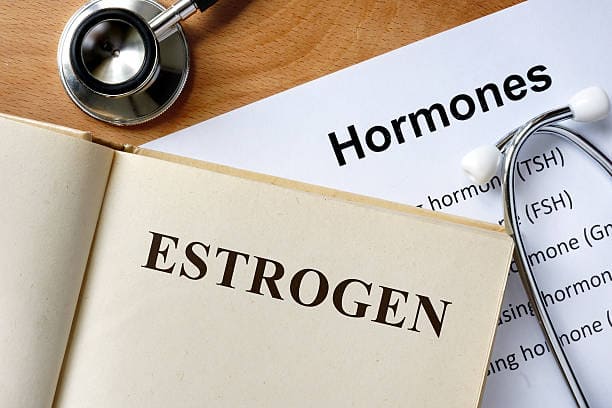Essential Vitamins for Women: Maintaining optimal health often boils down to ensuring you’re getting the right blend of vitamins. You might have wondered which ones are crucial and whether it’s better to rely on food or supplements for them. The key is a balanced diet, but supplements can step in when necessary.
Antioxidants
These include vitamin A (retinol, beta carotene, and carotenoids), vitamin C, and vitamin E. They’re like bodyguards, shielding you from harmful molecules called free radicals, which can wreak havoc on your cells.
Antioxidants not only potentially lower the risk of certain health issues and slow down aging but may also bolster your immune system—the body’s defense against infections and illnesses.
Here’s a breakdown of Antioxidants:
Beta-carotene: This converts to vitamin A, essential for good eyesight, healthy skin, and tissues. You’ll find it in apricots, cantaloupe, carrots, guava, kale, papaya, peaches, pumpkins, red peppers, spinach, and tomatoes.
Vitamin C (ascorbic acid): Known for healing wounds and aiding in the production of red blood cells, it also enhances the brain chemical norepinephrine, keeping you alert and focused. Stress and aging can deplete your vitamin C levels. Sources include broccoli, grapefruit, kiwi, oranges, peppers, potatoes, strawberries, and tomatoes.
Vitamin E (tocopherol): Vital for cell health and potentially slowing down signs of aging, it’s available in foods like corn oil, cod liver oil, hazelnuts, peanut butter, safflower oil, sunflower seeds, and wheat germ. However, excessive intake can increase the risk of bleeding.
By ensuring your diet includes these essential vitamins, you’re taking proactive steps towards supporting your overall well-being.
B Vitamins, an essential vitamins for women
B Vitamins: These nutrients come in various types, all beneficial for your body. However, three stand out – vitamins B6, B12, and folic acid – for their crucial roles.
Vitamin B6, also known as pyridoxine, is crucial for maintaining optimal brain function and facilitating the conversion of food into energy, known as metabolism. While beneficial, excessive intake can be toxic, emphasizing the importance of obtaining it through dietary sources. Foods rich in vitamin B6 include fish, potatoes, chickpeas, avocados, bananas, beans, cereal, meats, oatmeal, and poultry.
Vitamin B12, essential for metabolism and red blood cell production, can be found in cheese, eggs, fish, meat, milk, and yogurt. Special attention should be paid to older adults, individuals with anemia, vegans, and vegetarians to ensure adequate intake.
Folate, or folic acid, is instrumental in brain and spinal cord development, DNA and RNA synthesis, and preventing DNA alterations linked to cancer. Crucial for red blood cell production and anemia prevention in both adults and children, it holds particular significance for expectant mothers in preventing birth defects like spina bifida. Sources of folate-rich foods include spinach, leafy greens, asparagus, citrus fruits, melons, fortified grains, legumes, chickpeas, black beans, kidney beans, eggs, and liver.
Vitamin D, an essential vitamins for women
Vitamin D, functioning more as a hormone, facilitates the absorption of calcium and phosphorus, crucial for bone strength. Insufficient vitamin D levels can lead to bone thinning and conditions like osteoporosis. While eggs and fish, particularly salmon, mackerel, and sardines, are dietary sources of vitamin D, fortified foods and supplements may be necessary for middle-aged and older adults.
Vitamin K
Vitamin K plays a pivotal role in bone health and blood clotting, particularly beneficial for older individuals. Green leafy vegetables, soybean oil, broccoli, cooked spinach, alfalfa, and fish oil are excellent dietary sources of vitamin K.
Can Supplements Compete with a Balanced Meal?
When it comes to obtaining essential vitamins, most nutrition experts advocate for acquiring them through food rather than relying solely on supplements. However, consulting with a healthcare provider is advisable to determine individual needs and avoid excessive intake. Following professional guidance ensures optimal vitamin intake without unnecessary risks.
Sources:
- USDA: “Dietary Guidelines for Americans 2010.”
- Office of Dietary Supplements: “Vitamin B6,” “Vitamin B12,” and “Vitamin D.”
- NHS
- NIH
- FDA

